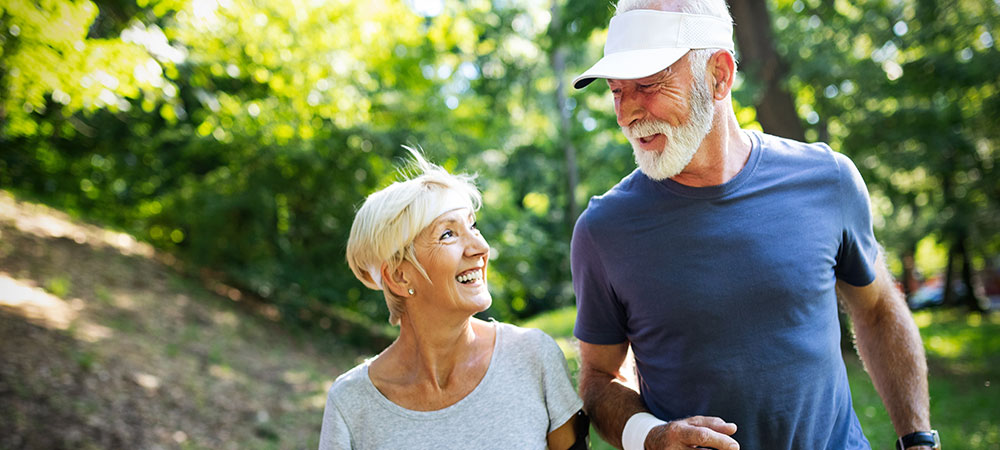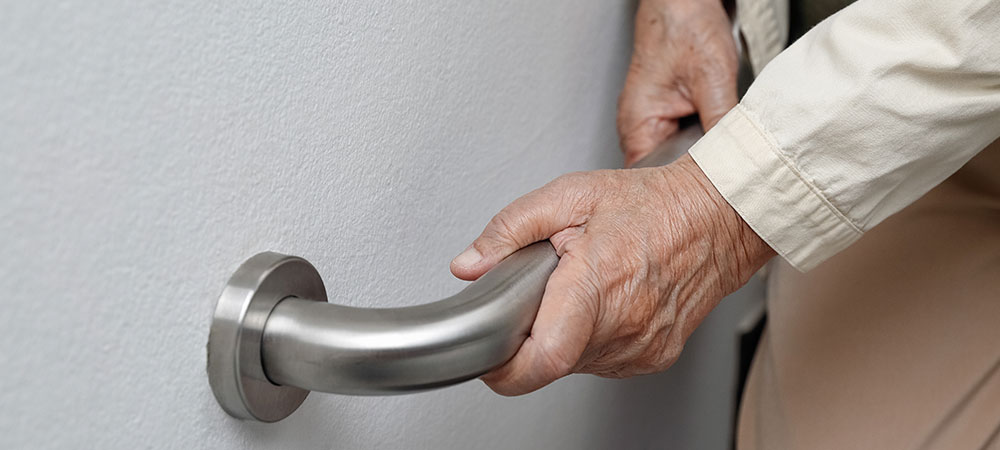How Active Seniors Can Stay Independent for Longer

You’re probably so used to being active and self-directed that you don’t even give your independence a thought — until you look ahead at the aging process. No one relishes the prospect of losing independence as health and abilities decline with advancing age. Fortunately, there are steps you can take to boost your chances of staying independent and continuing to enjoy an active, fulfilling lifestyle as you get older. Our guide to successful aging offers tips to remain independent and stay active throughout your retirement years.
Keep Moving
Physical activity is at the top of the list of lifestyle choices that support healthy aging. Regular physical activity reduces the risk of heart disease, depression and anxiety. It also boosts bone and muscle strength, supporting your ability to perform the daily tasks required for independence.
The Centers for Disease Control and Prevention (CDC) recommends that older adults get at least 150 minutes per week of moderate-intensity activity, which includes activities like brisk walking, water aerobics, and biking. You can measure the intensity level of any activity by how well you can talk during the activity — during a moderate-intensity workout you’ll be able to talk, but not sing, as your heart rate increases and you begin to breathe harder. The CDC also recommends two or more days of strength training per week and three or more days of activities that promote balance, such as yoga or simply standing on one foot.
Eat Well
An apple a day may not always keep the doctor away, but healthy eating does give you a better chance of staying independent as you get older. A systematic review of studies on nutrition found that following a Mediterranean-style diet, high in fruits, vegetables, nuts, fish and unsaturated fats, promotes healthy aging, decreasing the risk of obesity, cardiovascular diseases, cognitive decline and reduced quality of life.
Connect with Others
Friends and family are important at every age, but maintaining social ties can become more difficult for older adults. Retirement and a shrinking social circle can leave older adults more vulnerable to social isolation and loneliness, which increase the risk of premature death, dementia, heart disease, stroke, depression and anxiety. To make sure you stay connected with others as you get older:
- Join clubs and interest groups.
- Keep the lines of communication open with family and friends through email, texts and video chat, especially if distance makes it hard to connect in person.
- Volunteer in your community.
Engage Your Brain
Just because you’ve reached your senior years is no reason to rest on your laurels and stop learning. Engaging in tasks that are unfamiliar and challenging is one of the best ways to keep your mind sharp as you get older. In one study, participants who spent at least 16.51 hours per week learning digital photography, quilting, or both, showed enhanced memory function compared to the control group. By learning tips to remain independent, you are engaging your brain.
Get Regular Checkups
Preventive health measures help you take a proactive approach to health and well-being — and staying independent. By having regular checkups with your physician and keeping up with recommended health screenings, health issues can be detected and addressed promptly, before they impact your independence.
A Thriving Lifestyle for Active Seniors
While tips to remain independent are great, at Robson Reserve at PebbleCreek, you have everything you need to support an active lifestyle now — and health and independence as you get older. Amenities like our fitness center, resort-style pool, lifelong learning classes, social events and fine dining create an atmosphere that’s both luxurious and invigorating. And it’s all conveniently accessible from your comfortable, well-appointed, low-maintenance apartment. Contact us to learn more or to schedule a visit.




